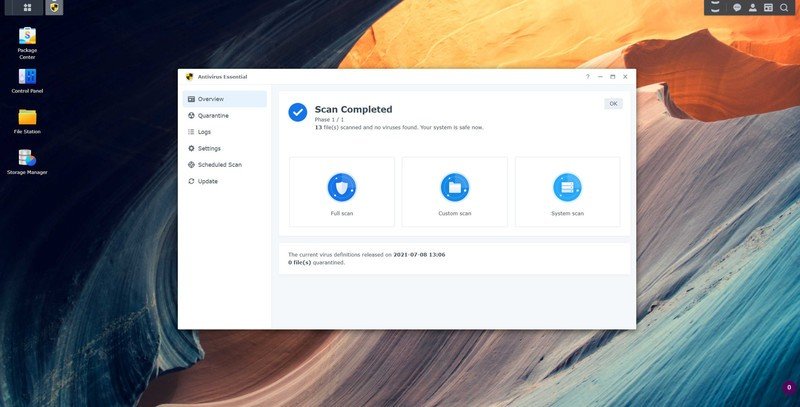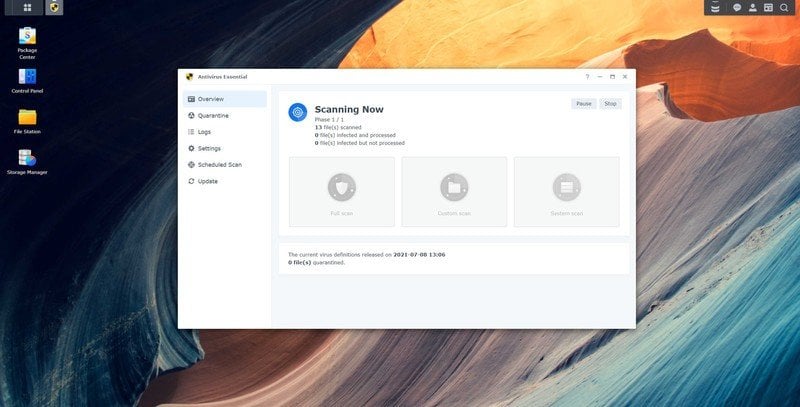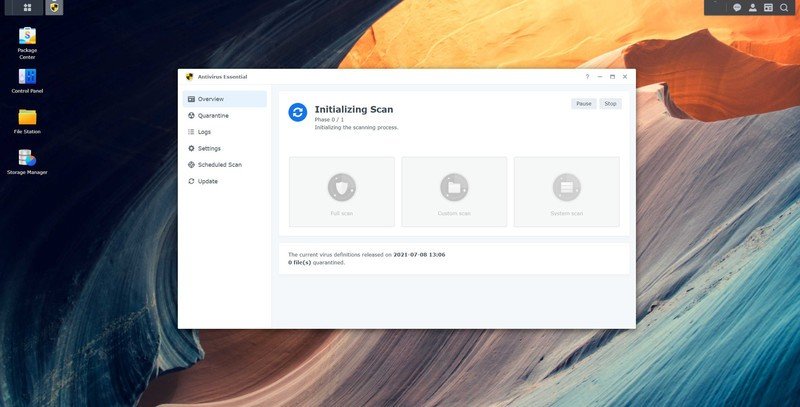Best answer: No, you do not require an antivirus application to be installed on your Synology NAS. If you’d feel more comfortable using one, Synology offers a free antivirus program available through the Package Center.
Your Synology NAS does not need an antivirus
Like a desktop OS, I’ve never had antivirus software running on any PC I’ve used for more than a decade. I feel antivirus software has its place, especially if the PC owner isn’t particularly careful when using the system, but a NAS really doesn’t require one. You won’t be visiting unknown websites on the enclosure, nor will you be downloading attachments from phishing emails.
Just because the best Synology NAS shouldn’t be affected by viruses, that doesn’t necessarily mean you won’t need to be careful. Ransomware is a major concern with NAS, especially enclosures that hold sensitive data and/or backups that haven’t been stored elsewhere.
How to run an antivirus scan on Synology NAS
This short guide will see you install Synology’s free Antivirus Essential program on the NAS enclosure. We do not recommend installing the package from McAfee, which appears to be almost identical.
- Open Package Center.
- Download and install Antivirus Essential.
- Open Antivirus Essential.
- Click on Full Scan.
- Wait for the scan to complete and check the quarantine for any detected issues.
When an antivirus would be helpful
If you want to use your Synology NAS to download files from online sources, you may want to use an antivirus program to verify none of the files are corrupt or infected before being transferred across the network. Even then, we’d only really recommend using the integrated antivirus functionality that checks for malware, and only resorting to Antivirus Essential as a last resort.
An antivirus suite can also be helpful when hosting or backing up websites on a NAS enclosure. Such tools would be able to detect malicious content that would otherwise go undetected. DSM 7.0 is a secured OS running on Linux, making it far more difficult for viruses to infect the NAS directly.



